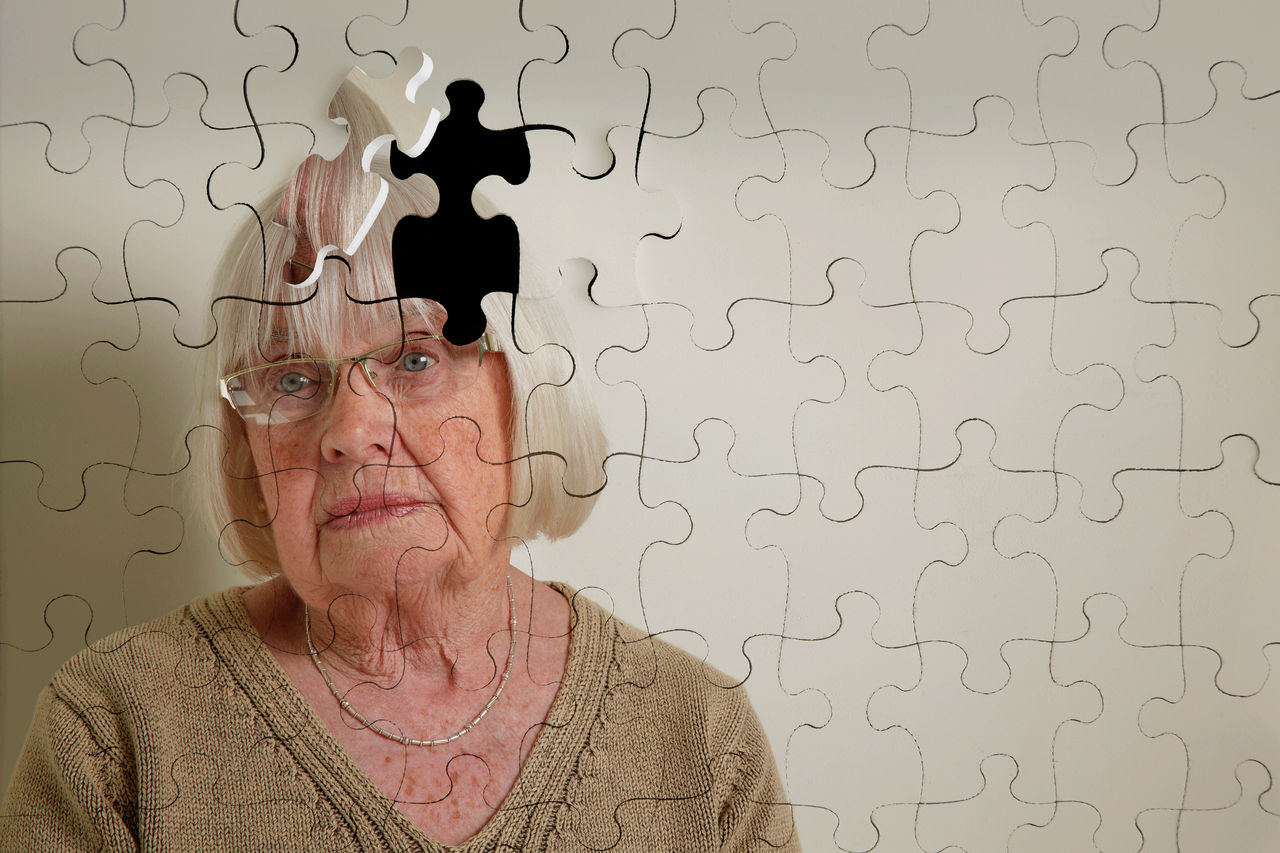How Hormone Replacement Therapy Affects Dementia Risk

Taking hormone replacement (HRT) during menopause has some risk, but there are good reasons to take the medication. Here’s what you should know.
Menopause — the body changes that hit women as their reproductive system shuts down between the ages of 45 and 55 — can be easy or hard. About 80 percent of women have some symptoms that might include night sweats, hot flashes, mood swings, depression, sleep problems, low sex drive, and painful intercourse because your vagina is dry.
Sex hormones, particularly estrogen, help protect your brain, and when they naturally decline during menopause, some women experience a mild memory loss and have trouble finding words.
YOU MIGHT ALSO LIKE: Heart Disease Risk Increases Before Menopause
Does taking hormones help?
It matters whether you take estrogen alone or estrogen combined with progestin (a synthetic form of progesterone, another sex hormone) and for how long.
The latest research suggests this strategy: Talk to your gynecologist about estrogen-only therapy if Alzheimer's disease runs in your family and you’re experiencing effects on your memory during menopause. You might even stay on your program for years.
If your gynecologist suggests a combination therapy for your menopausal symptoms, limit your use to no longer than five years.
What the researchers found
For some time, evidence suggests that hormone replacement therapy (HRT) could actually increase the risk of Alzheimer’s. The latest study strengthens that idea for combination therapy. Your risk increases each year, for an average increase of 11 percent for between five and nine years of use, and 19 percent for 10 years or more.
This was a large study — with more than 118,500 women aged 55 and older who had been diagnosed with dementia, matched by age and other factors to nearly 500,000 women without dementia. In both groups, 14 percent had used HRT before the study began.
But things get a little complicated. The researchers also concluded that women who took estrogen-only therapy for 10 years or more had a lower risk of dementia.
Overall, HRT didn’t raise your risk of dementia, a category that includes cognitive effects from strokes, Parkinson's disease , and other factors. Alzheimer’s accounts for 60 to 80 percent of all dementia cases.
Doesn’t HRT cause cancer?
HRT got a bad reputation in 2002 when women realized that it increases the risk of breast cancer, heart disease, stroke, and blood clots.
But there are pros and cons. Beyond leveling out your hormones so you have fewer or milder symptoms of menopause, HRT may possibly protect you against other illness associated with aging. Estrogen protects against vaginal dryness, bone loss, and bone fractures. Combined with progestin, it protects against colon cancer.
After menopause, women tend to develop more belly fat, which increases their risk of type 2 diabetes and heart disease. But research suggests that HRT, especially with an exercise program, can keep you trimmer.
If your main problem is vaginal dryness, you can insert estrogen directly into your vagina without increasing your risk of cancer.
If you decide to use combination HRT, your best option would be to begin early, use a lower dose, and stop as soon as possible.
Estrogen-only formulations increase breast cancer risk only after 10 years but introduce a risk of ovarian cancer, which you can guard against with regular exams. There is no evidence that "bioidentical" and "natural" hormones are safer than synthetic hormones.
Women who are heavy smokers, very overweight, or at high risk of stroke, or have high blood pressure should be especially cautious with HRT.
Updated:
June 28, 2022